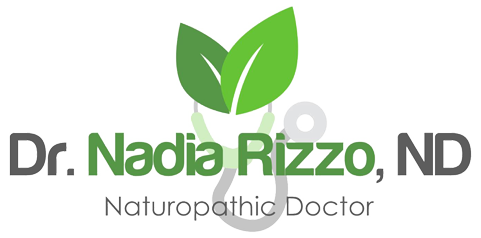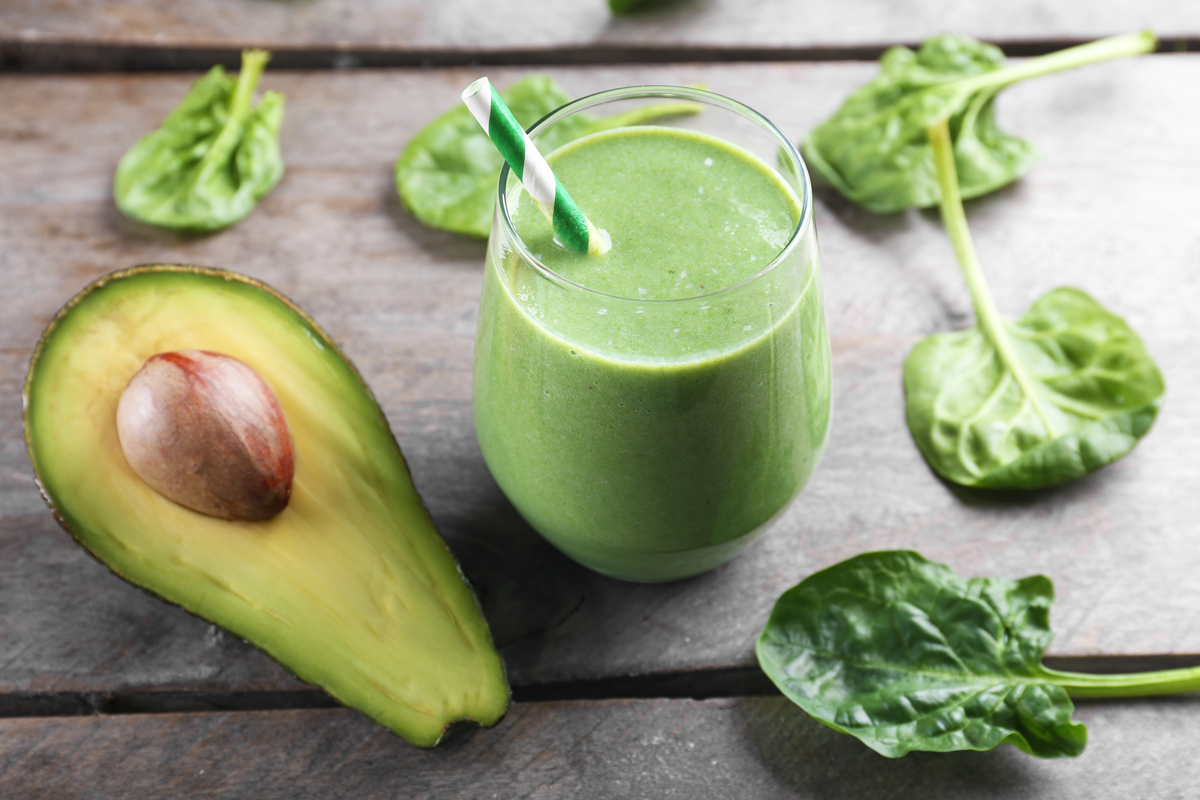Healthy Fats – What you need to know
Why they matter
Gone are the days of low-fat and fat-free everything. Mainstream research finally understands and promotes a healthy amount of fat on a regular basis. In fact, fat makes up over 60% of the brain and covers almost every nerve fiber in the body. It’s also integral for fertility, energy and immune function too. So it’s no longer a question about if we should be eating it, but rather, how much and what kinds of fat are best.
Which fats to avoid
Just a quick note- you want to avoid trans fat most definitely as this is the worst type of fat for you. It is chemically altered to extend shelf life.
How much do you need?
Canada’s food guide recommends 2-3 tbsp of fat per day usually in the form of unsaturated fats (like olive, flax and sunflower oils). Other sources recommend no more than 30% of your calories coming from fats (ideally less than 10% from saturated fats like animal products). Depending on your health goals, aiming for quality, organic, whole-food sources of fats (including the hard-to-get omega-3s) are ideal.
The best sources
Nuts/seeds
Probably the easiest to take on-the-go and most affordable (when you buy in bulk). These nutritious powerhouses not only contain healthy amounts of monounsaturated fats but also protein and minerals to keep you feeling full and energized. Raw, unsalted almonds, walnuts and pumpkin seeds are my favorite.
Healthy oils
Whether it’s cooking, baking or in a homemade salad dressing, oils can be a part of healthy diet. Limit yourself to 2-3 tbsp per serving, once or twice daily. Quality matters too, so be aware of refined or overly-processed oils. Don’t forget to stick to the proper use of oils as well—coconut oil for frying and olive oil for salad dressings or low heat sautéing.
Salmon
Fish can get a bad rap these days for containing higher concentrations of heavy metals such as mercury. Despite this being the case, aim for wild caught varieties whenever available and limit your servings to once per week. Salmon contains hard-to-get omega-3 fatty acids like EPA and DHA which your hair, skin, nails and brain will benefit from.
Avocado
Don’t be put off by the high-fat content of this fruit (yes, it is officially a fruit). Most avocados can contain up to 30g of healthy fats—mainly monounsaturated, while providing more potassium than a banana and almost 10g of fiber. Why not try ¼ slice in your smoothie to make it extra creamy, or a few cubed chunks on your next chili recipe instead of shredded cheese?
What’s your favorite way to get your daily dose of healthy fats? Let us know in the comments!

